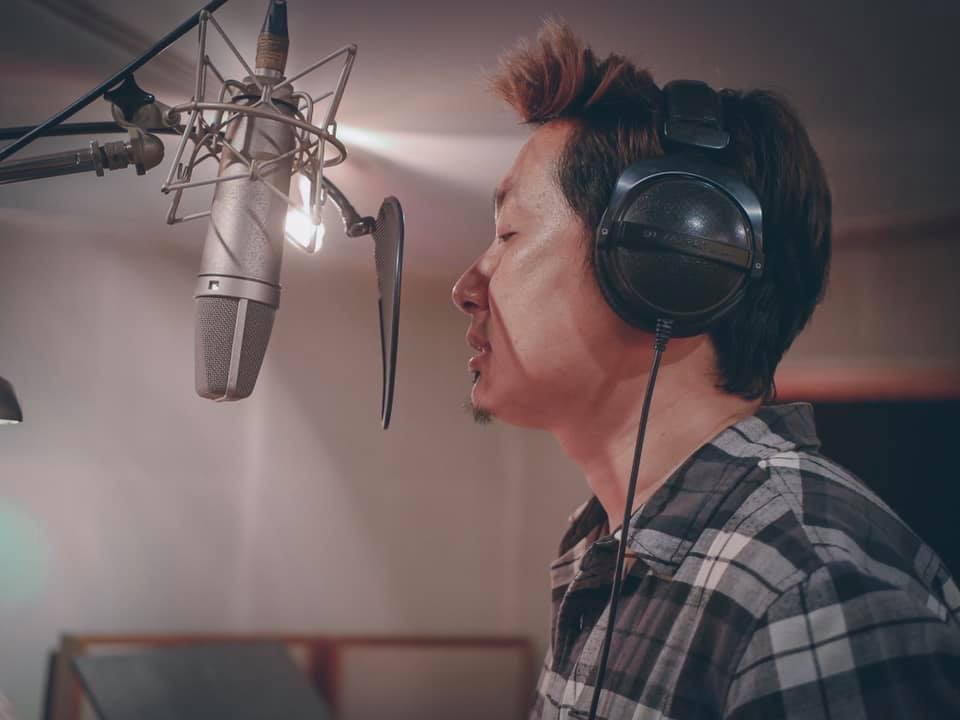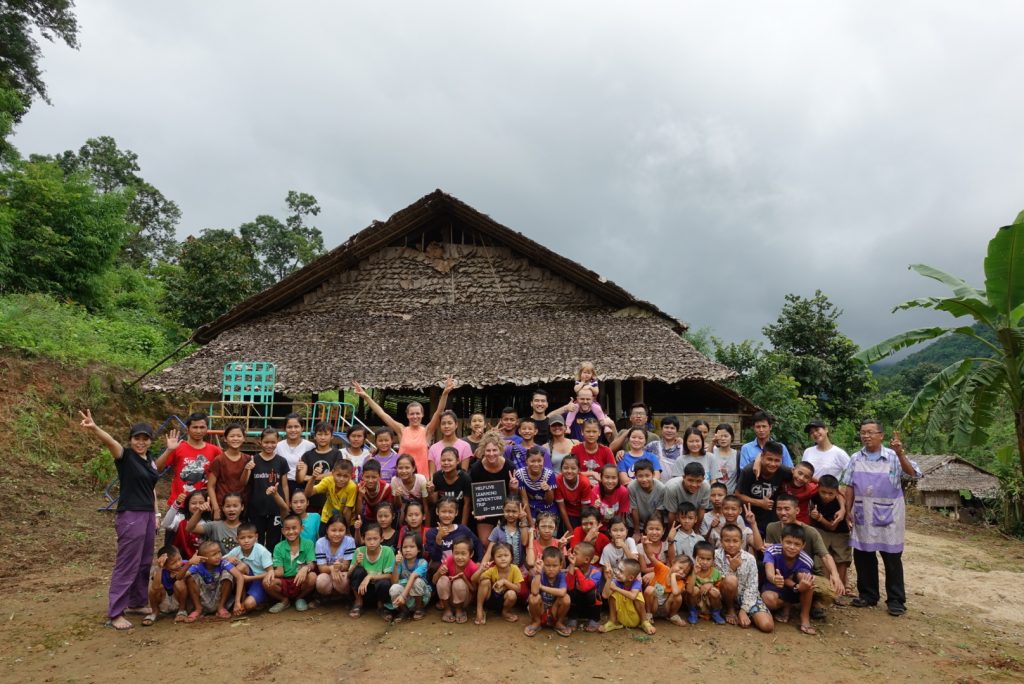How his music has helped him live life in a major key.
By Aiden Jewelle Gonzales
From the legendary Live Aid benefit in 1985, to worldwide hit, “Do They Know It’s Christmas?” which propelled the charity single concept into fame, music has always been a vehicle to help those in need, one that singer-songwriter Tinu Kilang Pongen has harnessed for his non-profit Helplive.
Kilang’s official music video of “Story 2020”
Born and brought up in Nagaland, Kilang clearly holds a lot of affection for his homeland, painting a vivid picture of one of the smallest states in the Northeast of India, one that “feels completely different from the rest of the country – in the hilly terrain, the food, culture, and even in the sounds of music.” When speaking of its vivacity and colour, he’s fittingly rhapsodic of what he calls “the land of festivals,” which hosts one of the biggest rock music competitions in the country, during the renowned Hornbill Festival. “Nagaland has 16 major tribes, all of whom come together during the festival to celebrate our different food and culture, and most especially, music. Art is such a big part of who we are that seeing and practicing all forms of art is just a natural part of everyday life in the state,” he recalls.
“Growing up, the only thing I thought I knew was music,” Kilang admits. “So while I’ve always had a heart for helping at-risk children, my mindset was: once I have a breakthrough in my music, I’ll have money, fame, and whatever I’ll need to start a charity.” He explored opportunities all over India with his band for a few years, but it was only after moving to Thailand that he discovered the impetus he needed to start the now-international non-profit, Helplive, despite not yet achieving his childhood dream of becoming a full-time musician. “I’ve recently gotten back into recording and writing, but when I started Helplive, that’s when everything came together.”
He speaks further on his music, his non-profit, and his journey towards finding his calling.

When composing, what inspires you the most, and do you include your Indian heritage in your music or lyrics?
I love stories, whether it be in person, or on television. I draw a lot of emotions and lyrics from the stories around me – for example, whenever I’m invited to perform at a wedding, I often ask the bride and the groom to write something for each other and then I take that and make it into a song for them.
99 percent of what I write is personal, based on the seasons of my life. Although I was influenced by Western music growing up, especially classic rock bands like Guns N’ Roses, I’ve wanted to reconnect to my roots in the last couple of years. I recently released my first-ever Hindi song, “Tu.” I love my country, and there aren’t many people from the Northeast of India who will write and sing a Hindi song, so I wanted to break those barriers, even though I’m not fluent in Hindi.
It’s one of the ways I’m hoping to connect with the Thai-Indian community here – for years I’ve felt that greng jai factor, but I’m willing to be vulnerable and try reach out to them through my music and my work.
What brought you to Thailand, and what encouraged you to make it your home for the last 15 years?
I first came to Thailand for a five-month music-related programme, but while doing that, I sensed that there was something more for me here. I actually didn’t pay much attention to the music scene when I initially moved, but I became good friends with Thai artist ‘Stamp’ Apiwat Ueathavornsuk, and it just so happened that 90 percent of my Thai friends were musicians, and they inspired me to get involved in the music scene here. Coincidentally, that’s what helped me start my non-profit, Helplive, which is when both my passions started coming together.
What was the impetus behind founding your own non-profit?
In 2008, I strongly felt that I shouldn’t keep waiting to start a charity, but instead should do something with what I already had in hand. I’d visited a couple of villages up in the North of Thailand, near Tak province, and I came across this group of around 100 children that had just crossed over to Thailand from Myanmar, who were in huge need of help. I knew then that’s where I should begin.
When I came back to Bangkok, I started putting a team together to organise a charitable ‘concert in the park.’ We ended up getting to use Chuvit Garden, where ArtBox used to be, for free, and the friends I’d made in the Thai music scene all came together to help get a lot of well-known Thai artists to perform. Because of that event, I started connecting with more artists, and we organised more fundraisers for the non-profit, and things moved on from there. Now, we are a registered non-profit in Thailand, India, and the U.S., with board members at each site, and a different focus in each country.
Tell us more about what Helplive does.
In Thailand, we support internally displaced (IDP) children, many of whom have ended up in refugee communities that they’re restricted to. The UN also has a big presence up North, but even they can’t take care of everyone, so we look for groups that aren’t sponsored by any other organisation. We have 118 children under our care here in Thailand, and we sponsor all their needs – from building homes, schools, and water systems; to their clothing, food, and education.
While many are restricted to certain areas, we do try our best to help kids who are eligible to attend Thai schools in the villages outside of their community, and we help them with their books, uniforms, and everything else they need to get that education.
What has your experience been running a charity during the COVID-19 pandemic? Has it been more difficult to get donors, or have you found people have been generous during this difficult time?
It’s been challenging. Summer was when teams would come to volunteer, and they end up donating to the non-profit, but since last year, we haven’t been able to host any teams, and that’s had a huge effect on our finances. At the same time, it’s pushed us to be more creative, and not just depend on what we’ve been doing for the last decade.
However, we also haven’t struggled as much as I expected we would at the beginning of the pandemic. I was nervous about how we would survive all of 2020, but we’ve been blessed with a lot of generosity from our partners, despite what everyone has collectively gone through, and I’m so grateful to all those individuals.
To support Helplive through volunteering or donations, visit their Facebook @helpliveinternational
or donate at www.helplive.org/wordpress/donations/







